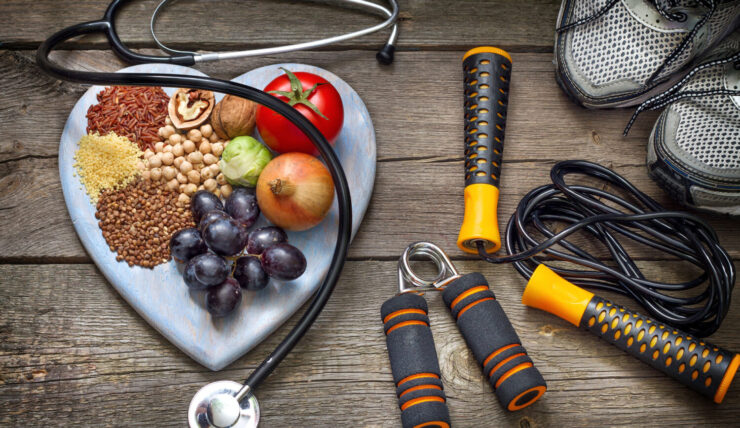In the realm of athletic performance, the marriage between sports nutrition and culinary prowess isn’t a mere suggestion; it’s a necessity. This blog post aims to unveil the often overlooked connection between these two domains and provide practical insights for sports nutrition aspirants. Let’s dive right into the strategies and techniques that can propel your culinary journey towards sports nutrition success.
The Connection Between Sports Nutrition and Cooking
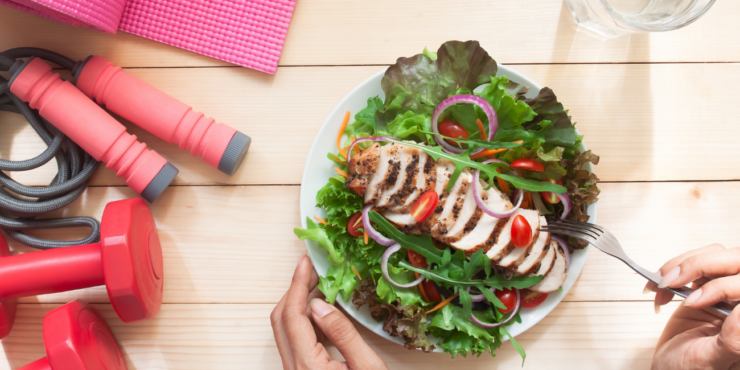
When it comes to sports nutrition, culinary skills can be a game-changer. It’s not just about eating the right foods; it’s about preparing them in a way that maximizes their nutritional value. A well-cooked meal can transform a mere ingredient into a powerhouse of energy and recovery. The relationship between what you cook and how it fuels your athletic endeavors is significant. If you have the feeling like you are not following, just visit https://www.americansportandfitness.com/products/sports-nutrition-certification.
Essential Cooking Techniques for Sports Nutrition Aspirants
Like any good chef, you must have certain methods and knowledge.
- Knife Skills: Precision is paramount. A perfectly diced vegetable not only looks appealing but also cooks evenly, preserving its nutrients.
- Cooking Methods: Your choice of cooking method matters. Grilling, roasting, steaming, and sautéing are essential techniques to master. These methods enhance flavors while preserving the nutritional content of the ingredients.
- Balanced Meals: Aspiring sports nutritionists should aim for balance. Protein, carbohydrates, healthy fats, and a rich array of vitamins and minerals must be incorporated in the right proportions to fuel your performance. Nutrient-dense meals are your secret weapon.
- Recipe Modification: Unveil your creativity by making healthier versions of your favorite dishes. Swap out unhealthy ingredients for nutritious alternatives without sacrificing taste.
Planning and Preparing Meals for Training and Competition
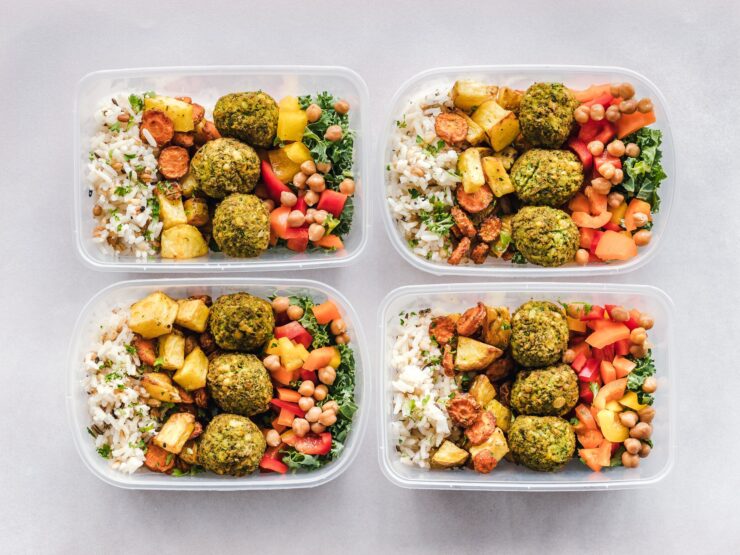
Fueling your body for training and competition isn’t a one-size-fits-all endeavor. It requires meticulous planning and precise execution. Here, we delve into the art of harmonizing your culinary skills with your athletic pursuits, specifically focusing on pre- and post-workout nutrition and the crucial balance of macronutrients.
Aligning Meals with Training and Competition Schedules
Your training and competition schedules are the heartbeat of your athletic journey. They dictate the timing and composition of your meals. It’s not just about eating; it’s about eating with purpose.
- Pre-Workout Nutrition: Before lacing up your sneakers or hitting the gym, you need a meal that provides the energy to power through your training session. Carbohydrates are your primary source of fuel here, supplying your muscles with the glycogen they need for optimal performance. Opt for complex carbohydrates such as whole grains, sweet potatoes, and legumes. Complement them with a moderate amount of protein to support muscle function.
- Intra-Workout Fuel: For extended training sessions, especially endurance activities, consider the need for intra-workout nutrition. This could be in the form of energy gels, sports drinks, or easily digestible foods like bananas or energy bars. Staying adequately fueled during prolonged exercise can prevent fatigue and enhance endurance.
- Post-Workout Recovery: Once you’ve pushed your limits, it’s time for recovery. Your muscles are in a state of repair, and your body craves nutrients to rebuild and recharge. Protein becomes your best friend at this point. A lean protein source, such as chicken, fish, or plant-based options like tofu, combined with carbohydrates, helps replenish glycogen stores and supports muscle recovery. Don’t forget the importance of hydration as well; fluids lost during exercise need to be replenished.
Balancing Macronutrients for Optimal Performance
Macronutrients—carbohydrates, protein, and fats—are the building blocks of your meals. Balancing them correctly is pivotal for optimal performance.
- Carbohydrates: Often the star of the show in an athlete’s diet, carbohydrates are your primary energy source. They fuel not only your workouts but also your everyday activities. Opt for complex carbohydrates, as they provide sustained energy. Fiber-rich choices like brown rice, quinoa, and whole-grain pasta are excellent options.
- Protein: Essential for muscle growth and repair, protein should be a staple in your diet. Lean protein sources, whether from animal or plant origins, should be included in your meals. Chicken, turkey, fish, legumes, and soy products are valuable choices.
- Fats: While fats are often given a bad rap, they play a significant role in energy storage and the absorption of fat-soluble vitamins. Incorporate healthy fats into your diet, such as avocados, nuts, seeds, and olive oil. These sources not only provide essential nutrients but also add flavor and satisfaction to your meals.
Meal Timing and Frequency
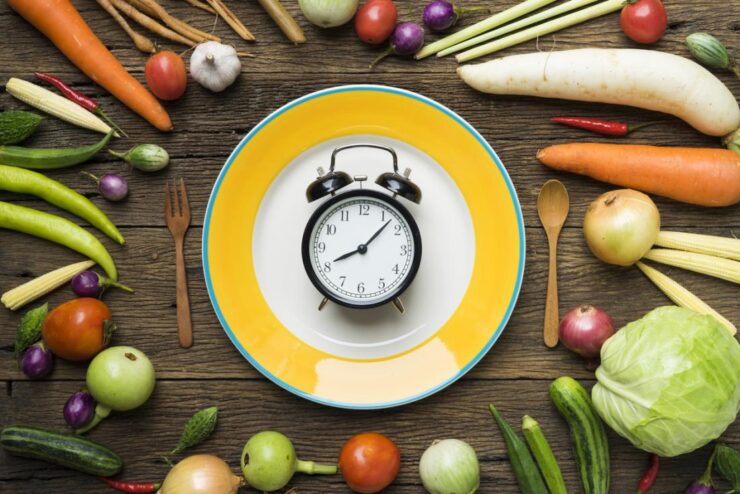
Aside from the composition of your meals, timing and frequency matter. Athletes should aim to eat a balanced meal roughly 2-3 hours before a workout or competition to ensure adequate digestion and energy release. A smaller, easily digestible snack 30 minutes to an hour before exercise can also be beneficial for quick energy.
Post-workout meals or snacks should be consumed within 30 minutes to two hours after exercise to optimize recovery. For those with multiple training sessions in a single day, refueling between sessions becomes even more critical to maintain energy levels and prevent muscle breakdown.
Nutritional Needs and Dietary Considerations for Different Sports
Different sports come with distinct nutritional requirements. Tailoring your nutrition to your specific sport is a key strategy. If you have dietary restrictions, whether you’re vegetarian, vegan, or have other special considerations, adapting your culinary skills to meet those needs is a must. Supplements, if needed, should be used responsibly.
Kitchen Tools and Equipment for Sports Nutrition Success
Efficiency in the kitchen can’t be achieved without the right tools. Investing in must-have gadgets and time-saving equipment can make meal prep a breeze. An organized kitchen setup streamlines your cooking process, allowing you to focus on your nutrition goals.
The Role of Flavor in Sports Nutrition
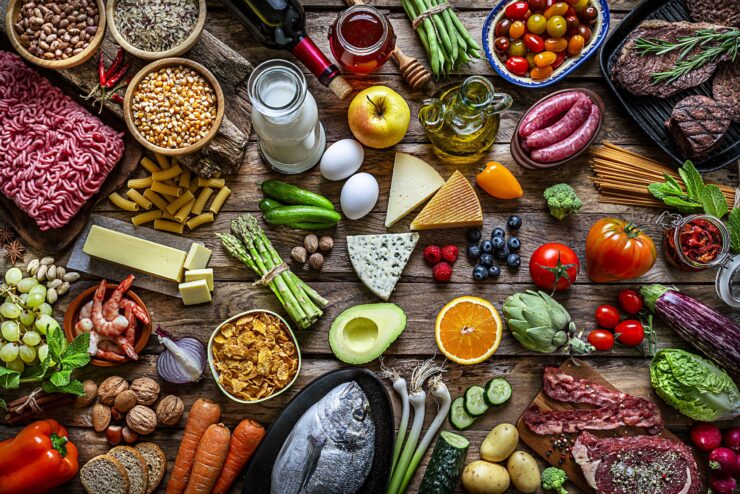
Taste and nutrition need not be at odds. In fact, they should complement each other. Utilize herbs and spices to enhance the flavors of your dishes without compromising their nutritional value. Think of it as a symphony where taste and health harmonize.
Meal Planning and Time Management
Planning is the foundation of successful sports nutrition. Create a weekly meal plan to ensure you’re consistently meeting your nutritional goals. Batch cooking and meal prepping are essential time-saving techniques, especially for those with busy schedules. Effective time management is the key to balancing training, cooking, and life without burnout.
Staying Informed and Adapting to Changing Nutrition Science
The field of sports nutrition is constantly evolving. Stay updated with the latest research and be ready to adapt your culinary skills as new findings emerge. Your culinary journey should be a dynamic, ever-improving process.
Conclusion
The fusion of culinary skills and sports nutrition knowledge is a recipe for athletic success. By mastering essential cooking techniques, planning your meals strategically, and adapting to your specific sport’s needs, you can unlock your full potential as an athlete. Remember, it’s not just about what you eat; it’s about how you prepare and enjoy it. So, take the plunge, embrace your culinary journey, and let it propel you to sports nutrition success. Your tastebuds and your performance will thank you.

